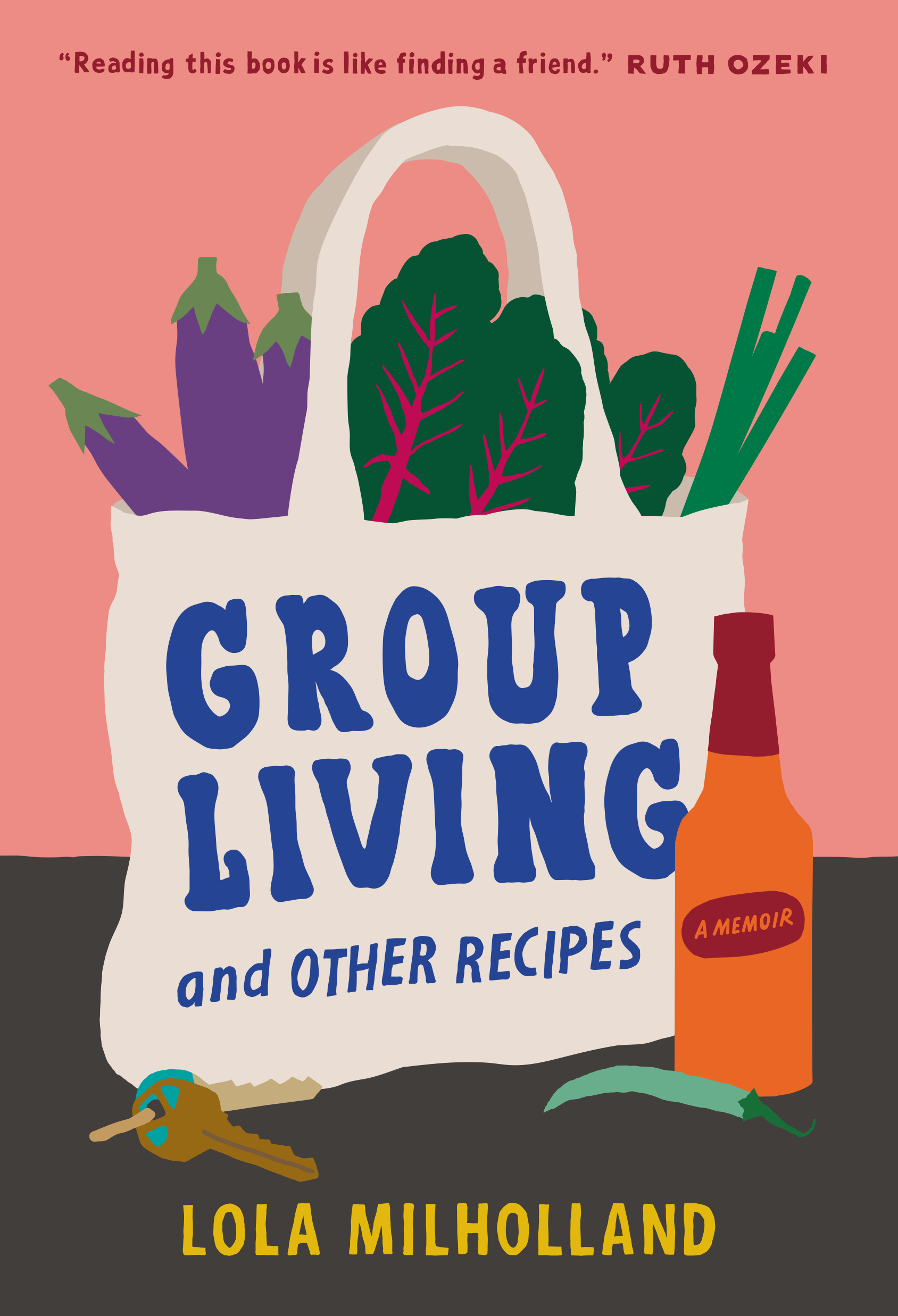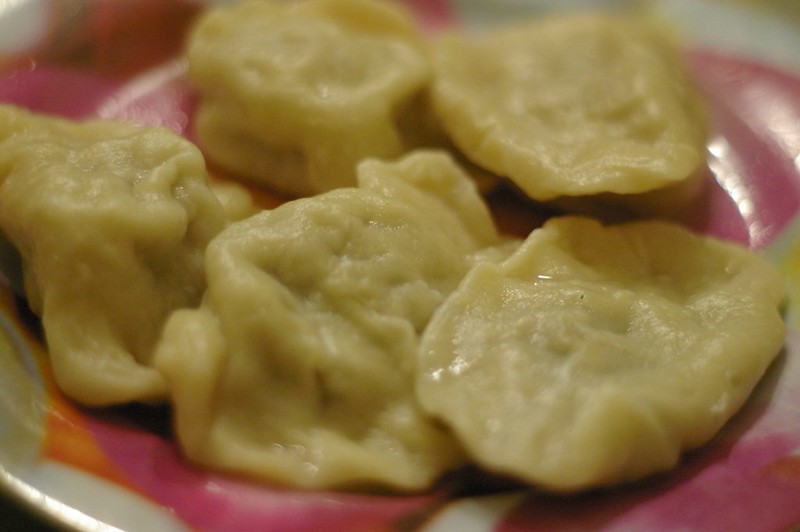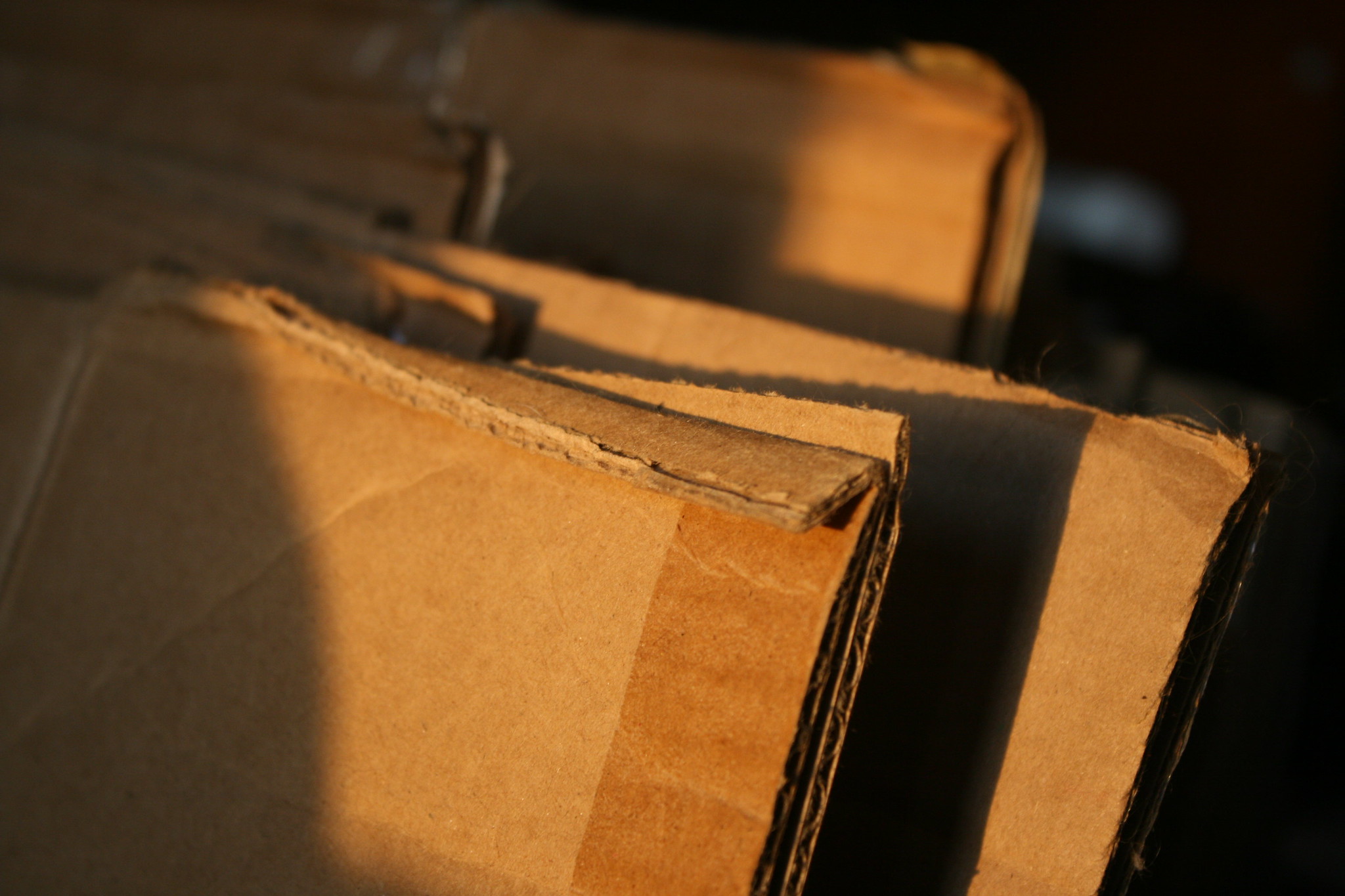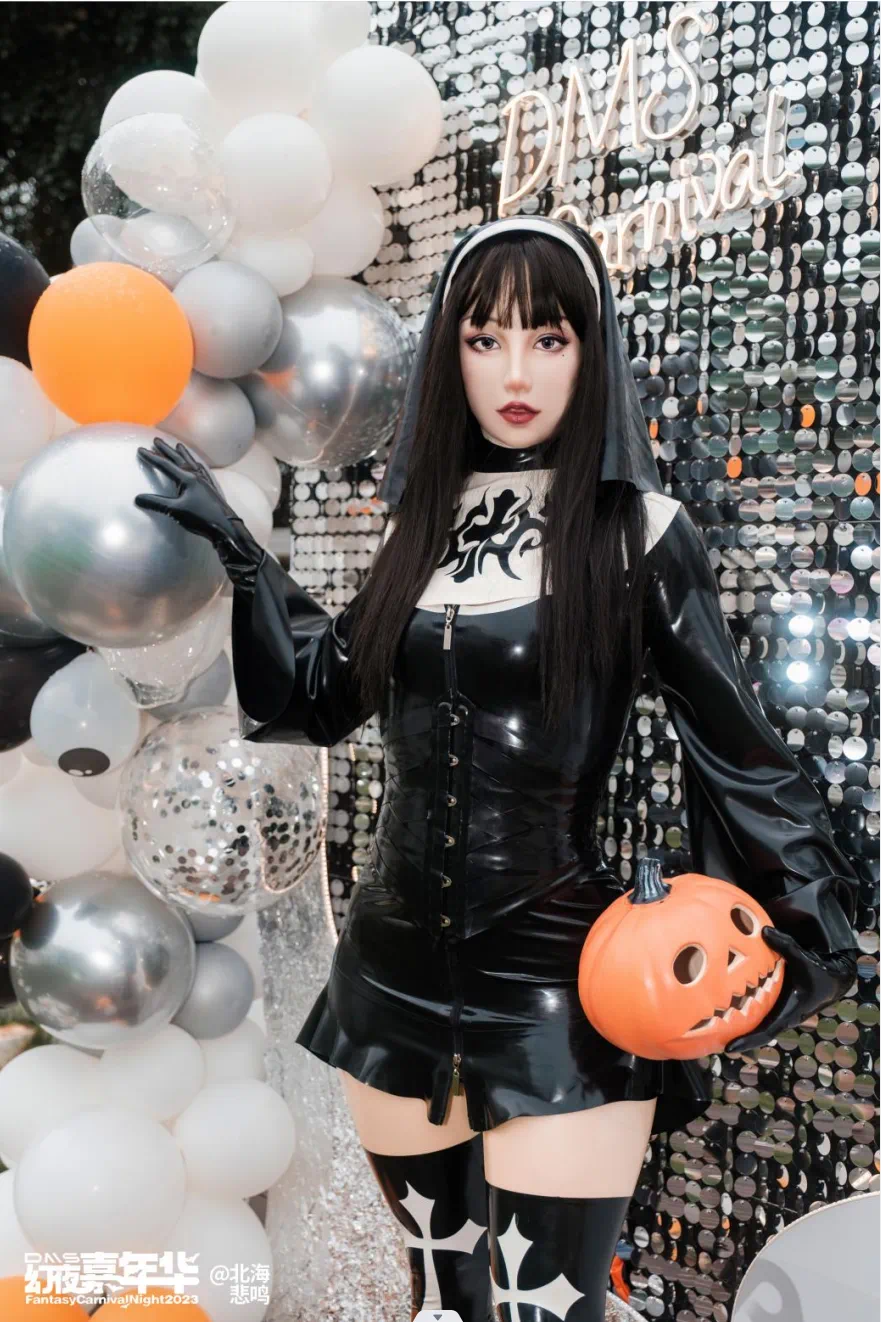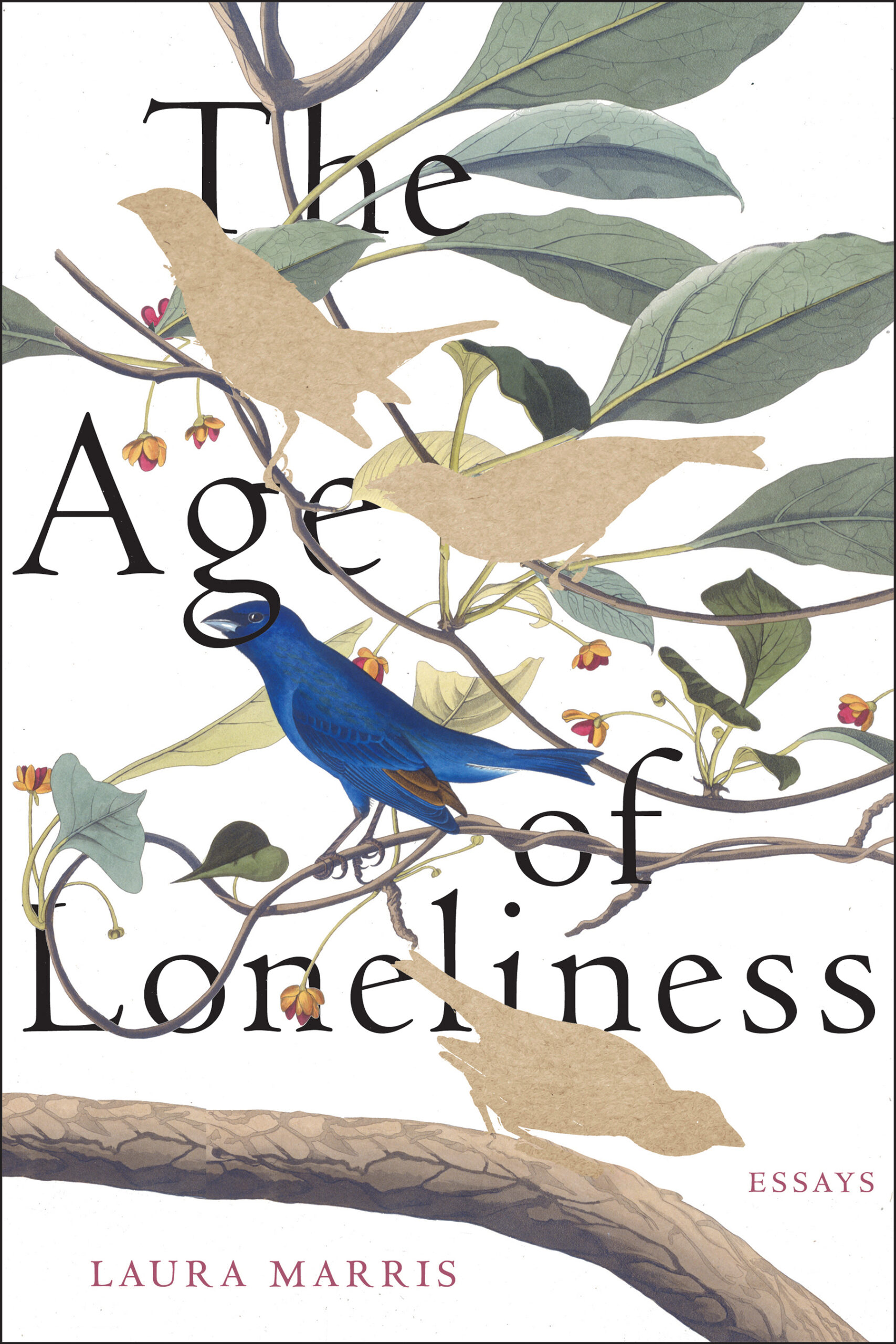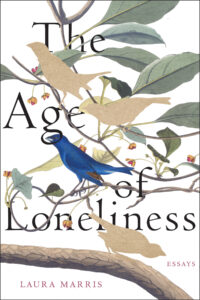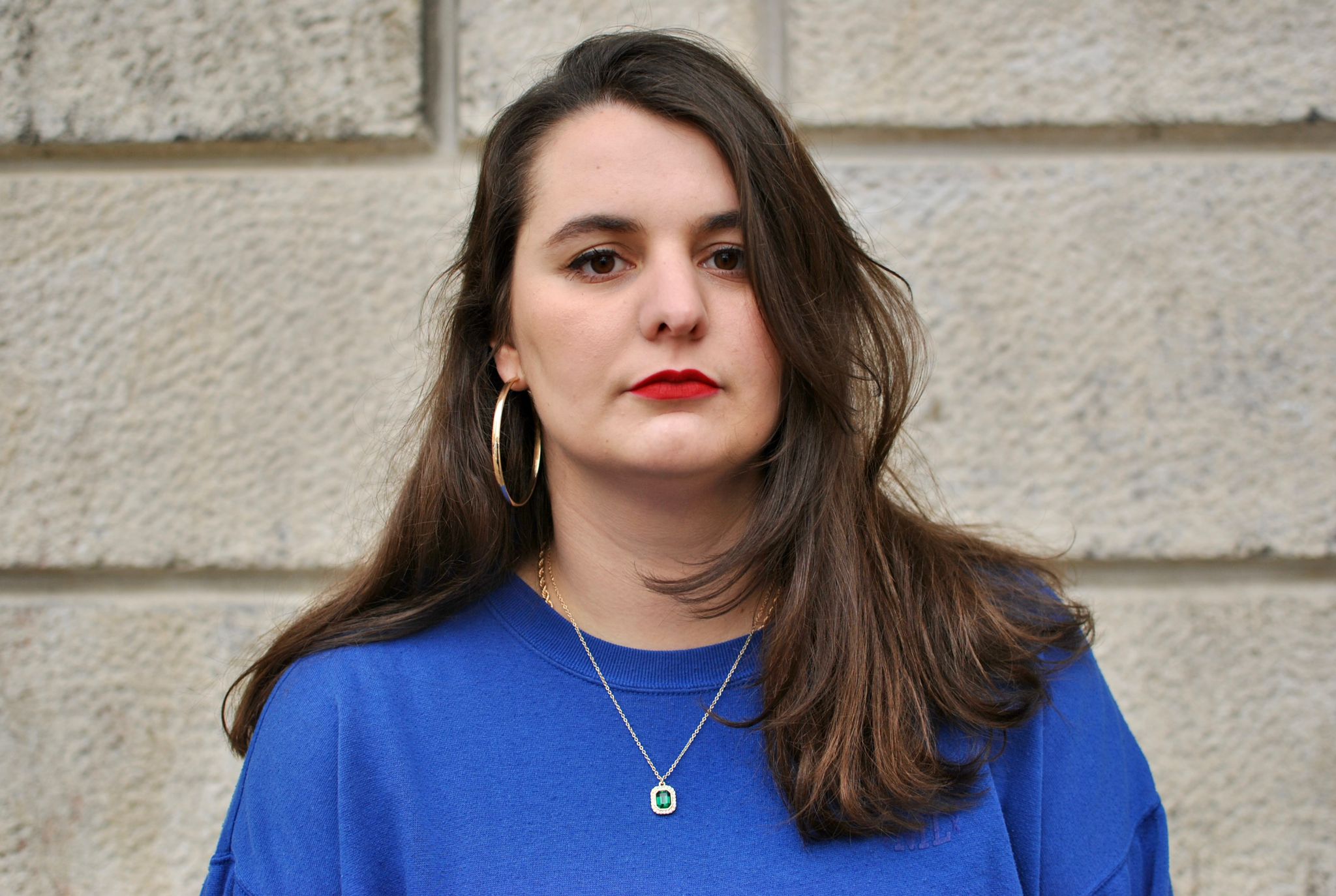These piece is excerpted from a memoir-cookbook entitled Group Living and Other Recipes by Lola Milholland ’07, a guest at Amherst College’s LitFest 2025. Register for this exciting, 10th-anniversary celebration of Amherst’s literary legacy and life.
When I visit my mom in the Driftless region of southwest Wisconsin, we bike together. She’ll pull out the old road bike her brother Paul built from parts when he lived with us in Portland. It’s in the shed that sits between her little year-round greenhouse and the outhouse that serves as the only loo on the property. We cycle up her one-mile gravel driveway, out to roads that twist and turn through hilly farmland, past Amish kids in overalls and sturdy full-length dresses working with horses and hanging up laundry. From the ridgetops, the hills in every direction look like bubbles on pizza dough.
In the fall, the hillsides change color every day. The basswood leaves turn a daisy yellow, and the oak leaves become the orange-red of a Firecracker ice pop. The Amish on Wolf Valley Road will be harvesting corn. Their two-horse team pulls a metal scythe through the stalks, leaving behind a flat field of roughage like a pile of cut hair.
